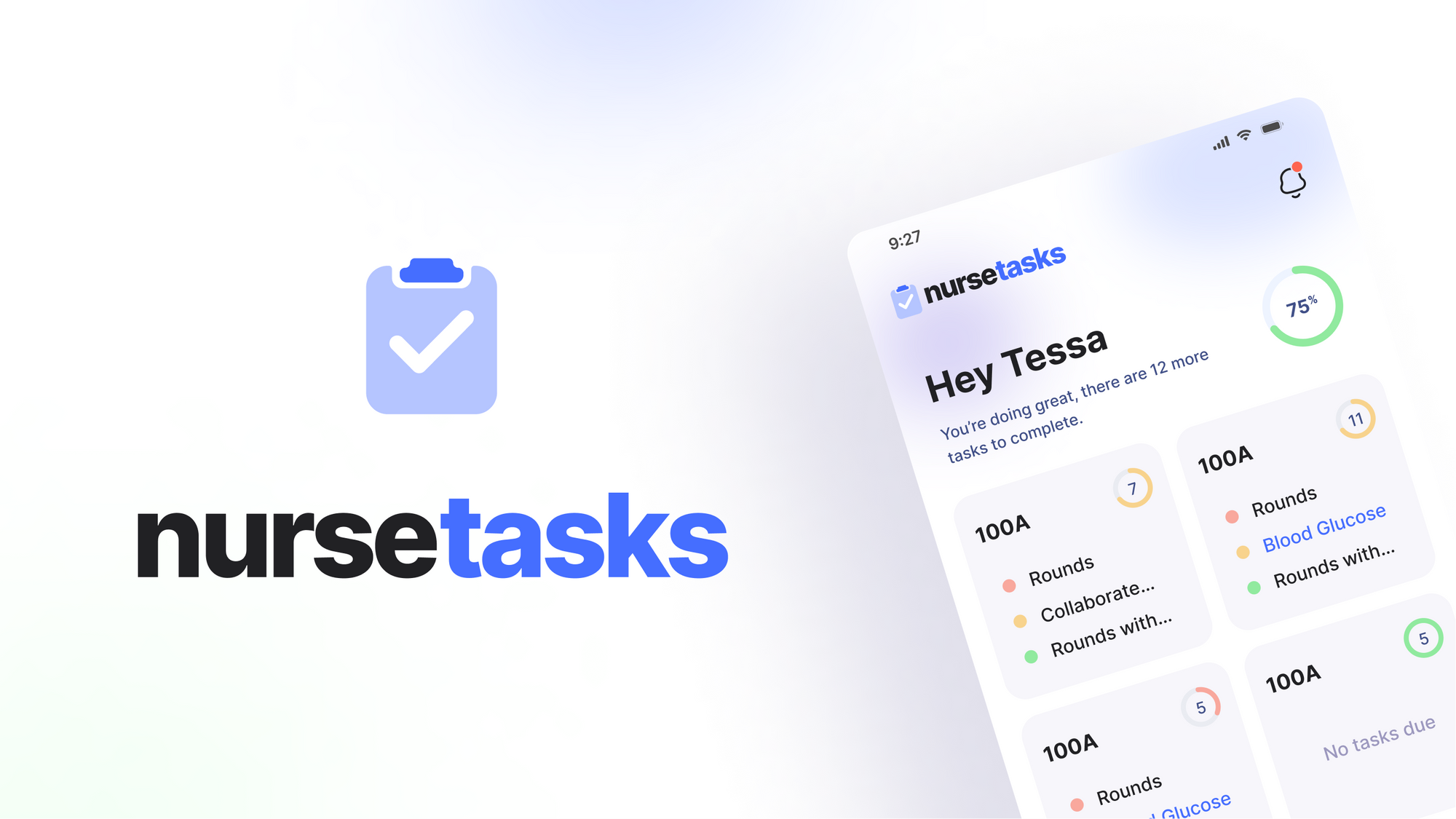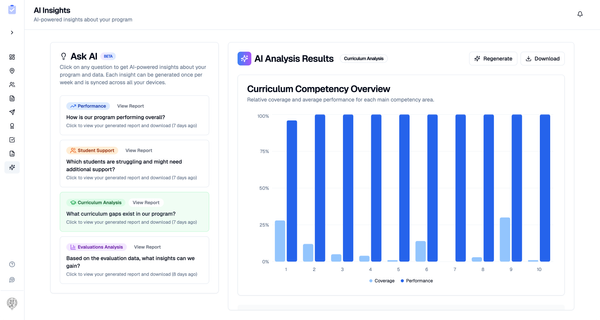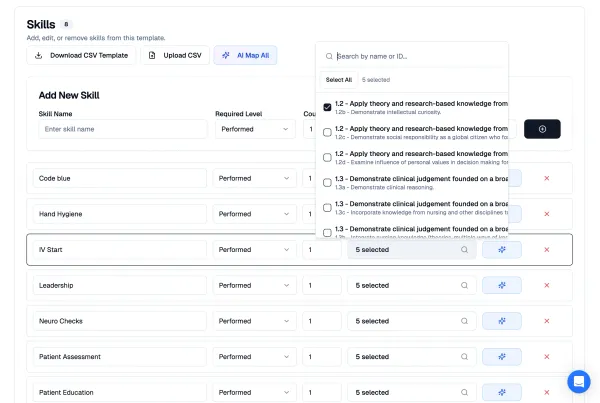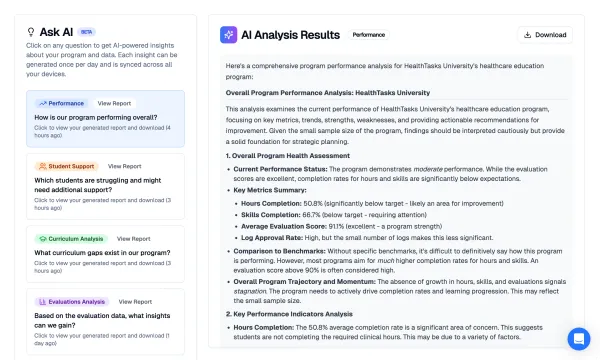How often do nurses assess patients in different hospital units?

The frequency of nursing assessments can vary depending on several factors, including the patient's condition, unit policies, and healthcare facility protocols. However, I can provide you with a general overview of the nursing assessment frequency in different hospital units:
Intensive Care Unit (ICU)
In the ICU, nursing assessments are typically performed more frequently due to the critical nature of patients' conditions. Assessments are often done hourly or every two hours, focusing on vital signs, neurological status, respiratory status, cardiovascular status, and other relevant parameters.
Medical-Surgical Unit (Medsurg)
In a med-surg unit, nursing assessments are usually conducted at regular intervals, typically every 8 to 12 hours, depending on the patient's stability.
Telemetry Unit (Tele)
In a telemetry or step-down unit, where patients are continuously monitored for cardiac function, nursing assessments are performed more frequently. Typically, assessments are carried out every 4 to 8 hours.
Labor and Delivery (L&D) Unit
In the L&D unit, nursing assessments are more frequent during the active labor phase. Assessments are typically done every 15 to 30 minutes to monitor maternal vital signs, fetal heart rate, contractions, cervical dilation, and progress of labor. Once the patient moves to the postpartum phase, assessments may be done every 8 to 12 hours or as needed.
Obstetrics (OB) Unit
In the OB unit, nursing assessments are typically done every 8 to 12 hours or as required based on the patient's condition. Assessments encompass vital signs, postpartum recovery, incision assessment (if applicable), breastfeeding support, and emotional well-being.
Pediatric Hospital Unit
In a pediatric hospital unit, nursing assessments are typically conducted every 4 to 8 hours, depending on the age and condition of the child. Assessments focus on vital signs, growth and development milestones, pain assessment, nutritional status, and any specific needs or concerns related to pediatric patients.
It's important to note that the frequency of nursing assessments may be modified based on individual patient needs, acuity level, physician orders, and any significant changes in the patient's condition. Additionally, during times of increased acuity or critical situations, assessments may be performed more frequently to closely monitor the patient's status and provide timely interventions.
It's always recommended to refer to the specific policies and protocols of the healthcare facility and unit to get accurate information regarding the nursing assessment frequency in each unit.







